Subscribe for Access
Gainsight CEO Nick Mehta on what SaaS looks like in the middle of an economic crisis.

By Sean Blanda
March 26, 2020

It’s an axiom that most startup workers have heard at least once: some of the most successful companies of the previous 20 years started in a recession. A very small sampling of that school of hard knocks includes Asana, Expensify, Uber, Airbnb, and … Gainsight.
The company that defined customer success is living through its second downturn. When the markets started to go haywire, we reached out to Gainsight CEO Nick Mehta for his take. Mehta has been public about how he and his team are grappling with the changing market conditions. That includes an ever-evolving public health crisis, a sudden requirement to work from home, and a possible decline in revenue. You know, the stuff we all can’t stop thinking and talking about in 2020.
Gainsight’s early efforts are instructive for all of us: whether you’re a founder or in your first role.
This conversation was edited for length and clarity.
Crossbeam: You’re the CEO of a large SaaS company. How have recent events changed the way you do business?
I actually wrote a blog post about this because we need some positivity. But I think about this in five areas and they align with our values at Gainsight:
- Gratitude. Treat people the way you want to be treated. After every meeting, I am now sending a thank you note, trying to keep people positive and appreciated.
- Stay thirsty. I’m trying to acknowledge the tough situation, but that doesn’t mean we are stopping. One of the biggest dangers in a time like this is being a deer in the headlights. Like yesterday, I posted in our Slack all of the meetings I’ve been having with customers. It was non-stop. I want to message to be that we’re still going.
- Have a beginner’s mind. We’ve always had a semi-distributed model. But it’s different going fully virtual. So we had these “Gain-sters everywhere” teach us how to work from home.
- Success for all. Your new sales are going to slow. Your existing customers are important. Check-in with them and treat them well.
- Bring the joy to work every day. Every day at 7:45 a.m. we do a Zoom call where we do something interesting, quirky, and fun. One time it was to bring your pets. Another time it was using Zoom annotations to sketch. On those calls, people bring in their kids and their family. It’s one of the highlights of my day. I want to be there for the team, but honestly, I need it too.
What I’m hearing from you is that Gainsight has a set of values and it’s about leaning on those values in the new reality.
If your values change during a crisis, they aren’t your values.
How will SaaS and partnerships change in these changing market conditions, if at all?
The market conditions are going to winnow down the number of partnerships that actually make sense. Some of your partners will hit tough times. But partnerships have the lowest customer acquisition costs out there. Those that manage partnerships are in a good position.
One thing I’m seeing already: customers may slow down buying but they are still open to getting on the phone. White-collar workers have time right now. They’re home. They have no commute. And a lot of their random meetings are gone. So your customers have time to engage. They probably aren’t ready to buy, but if you have a longer sales cycle you have an opportunity to engage with them.
The impact on SaaS is different to each business. If you sell technology to the restaurant industry, we’re hoping for you, but it will be tough. The same goes for the tech companies that serve hotels or travel bookings. But if you sell software that helps people work from home, your sales aren’t slowing down all that much.
It’s important to understand where your company fits. Know how far away you are from the affected industries like restaurants and airlines. If you sell to a lot of different industries. it’s possible to come out the other side.
How should companies adjust their messaging?
You can’t just stop. Idle hands are the devil’s playground. A lot of people aren’t sure what they should do. We just did a webinar with Jason Lemkin on the downturn, and we had 1,000 people sign on.
A lot of people are looking for content. You have to be thoughtful, though. Shameless promotion via corona is bad. But getting an email that looks like everything is completely normal is weird. The same goes for cold outreach.
To all the folks that have never seen a downtown like this. What is your advice for surviving and thriving?
There is a light at the end of the tunnel. It might be 18 months away, but there is a light.
There is a normal tendency to say, “this is the worst thing ever!” It is terrible. But having been through other crises… people are forgetting how terrible they were. I’m not saying this isn’t worse, you can rank things like that.
But what I can say is that in 2008 the government intervened, but there was a moment when the government was deciding whether to even do the bailout. If we hadn’t done that, there would have been a depression beyond what anyone could have imagined. All the money was freezing up! All of America would have missed payroll in two weeks.
You can’t write off that we are going to respond. A lot of people are writing off any response. Humans respond to crises. We got through World War II, the Great Depression, and the financial crisis. We will get through this. It will be super painful. But we will.







%20(1).jpg)


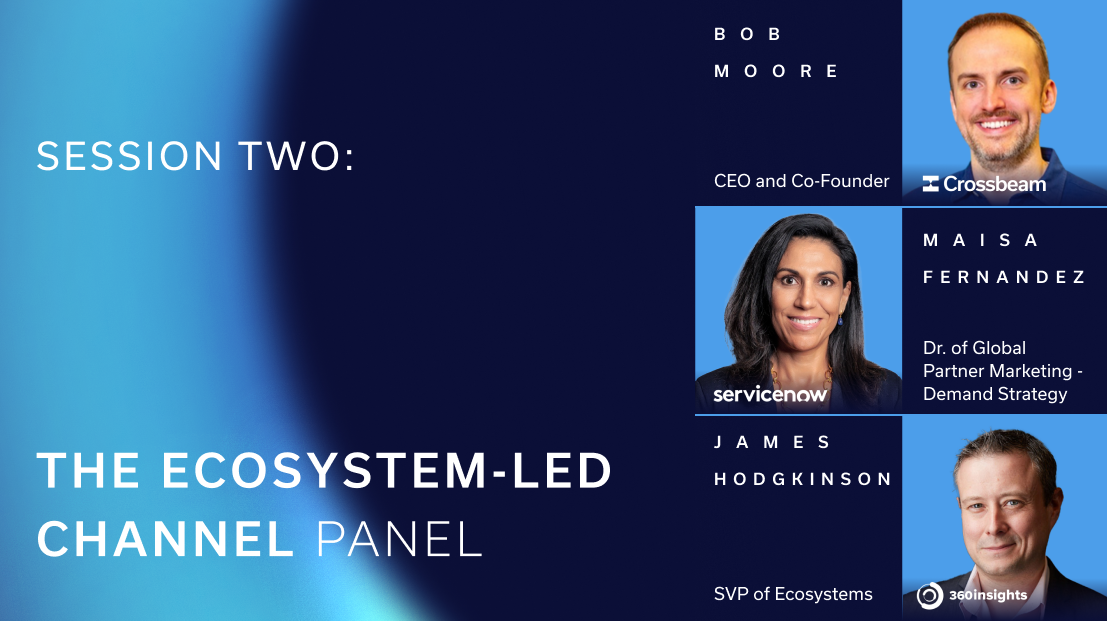



.png)
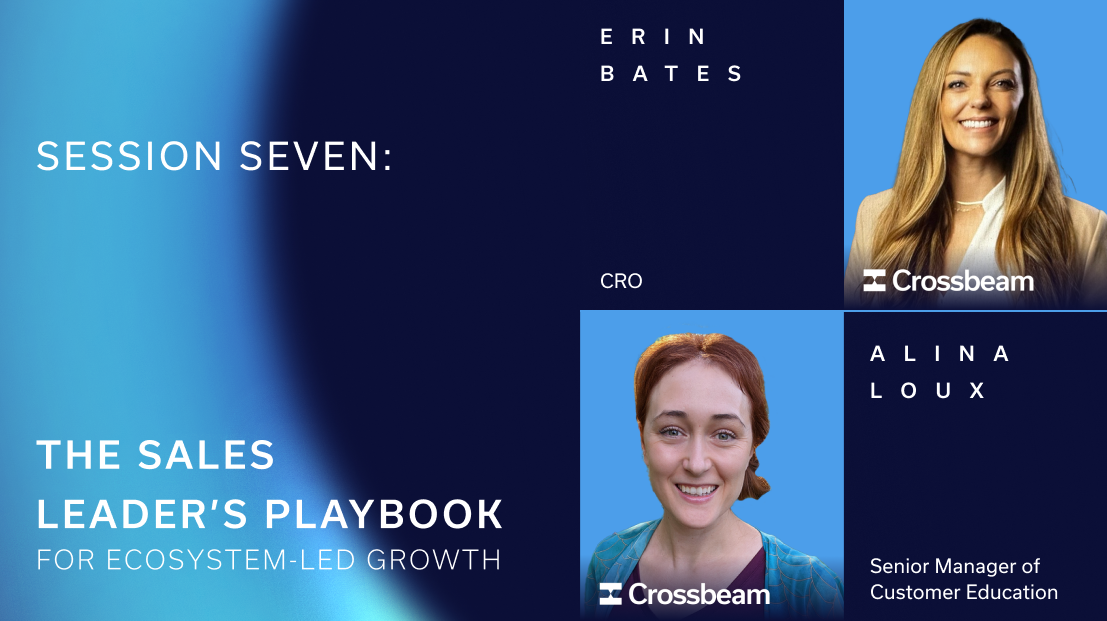


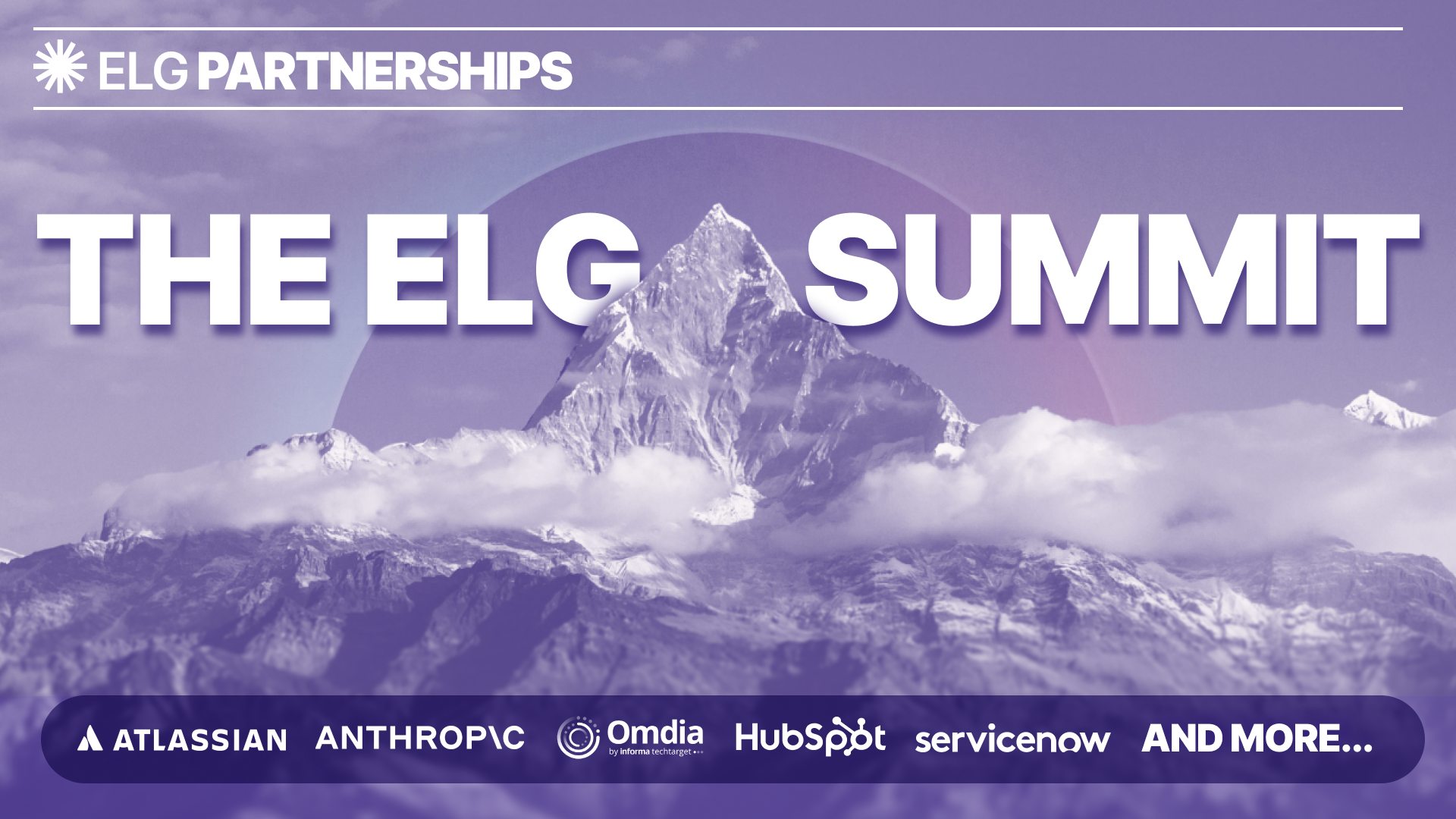











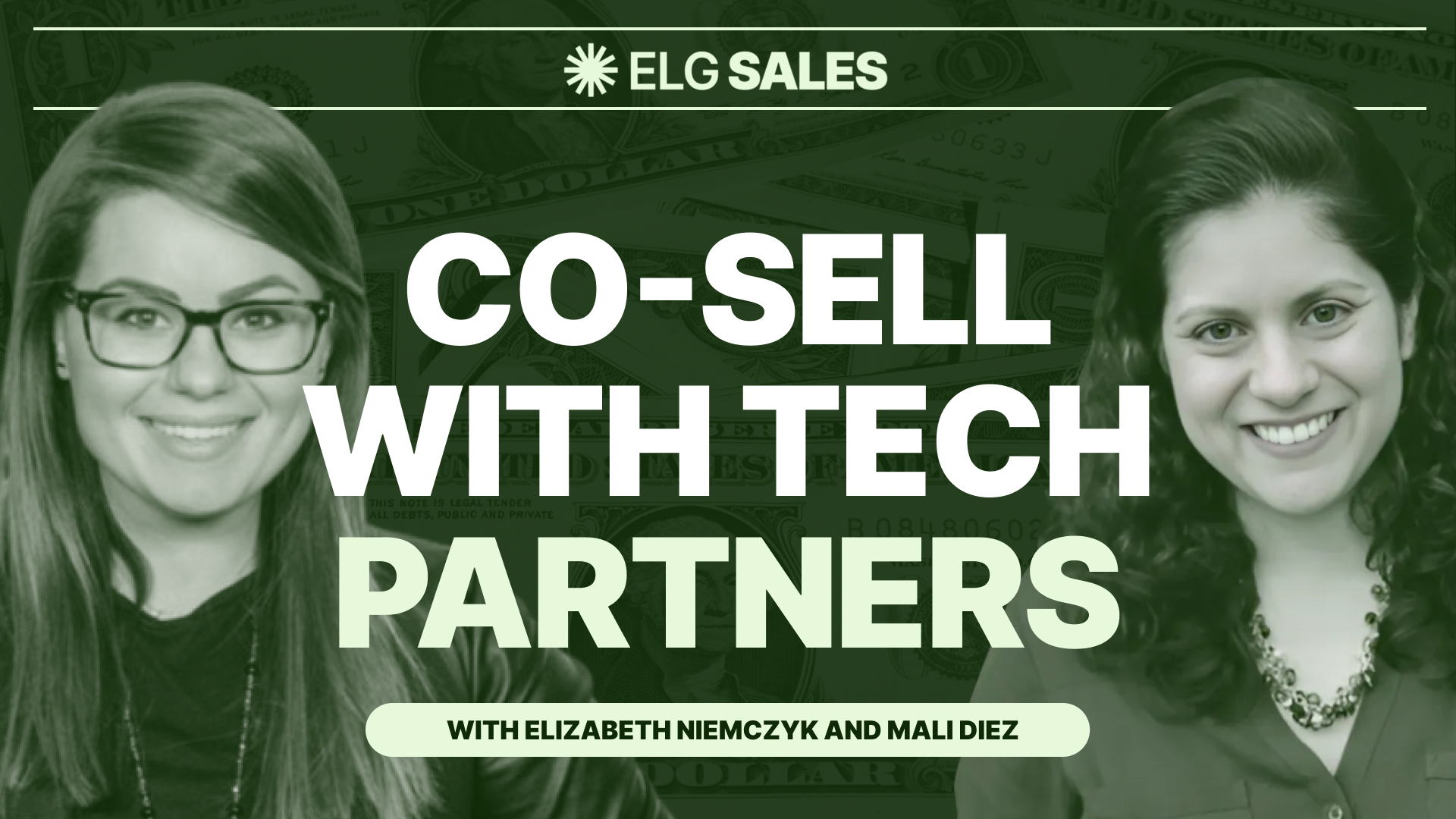

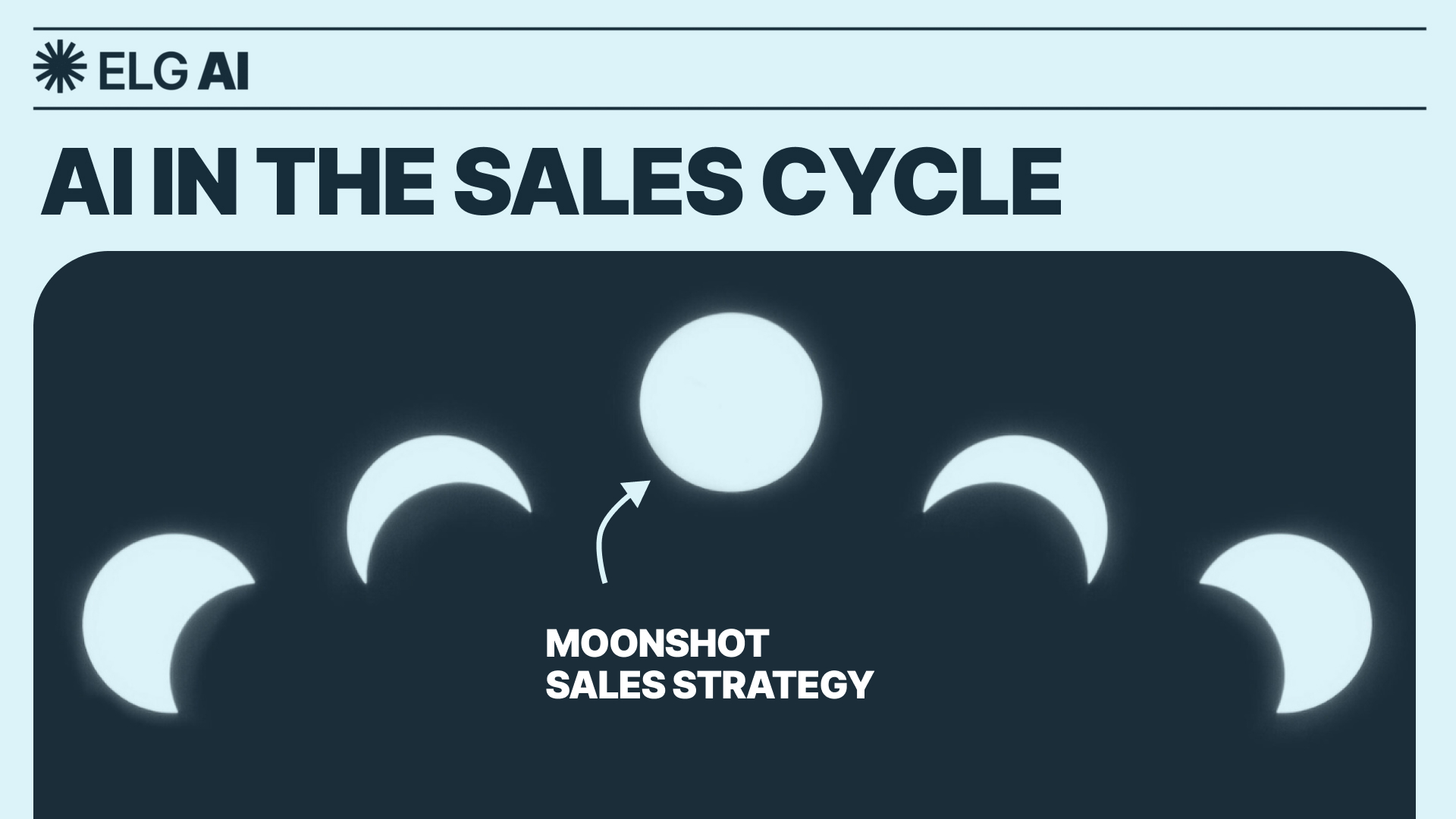

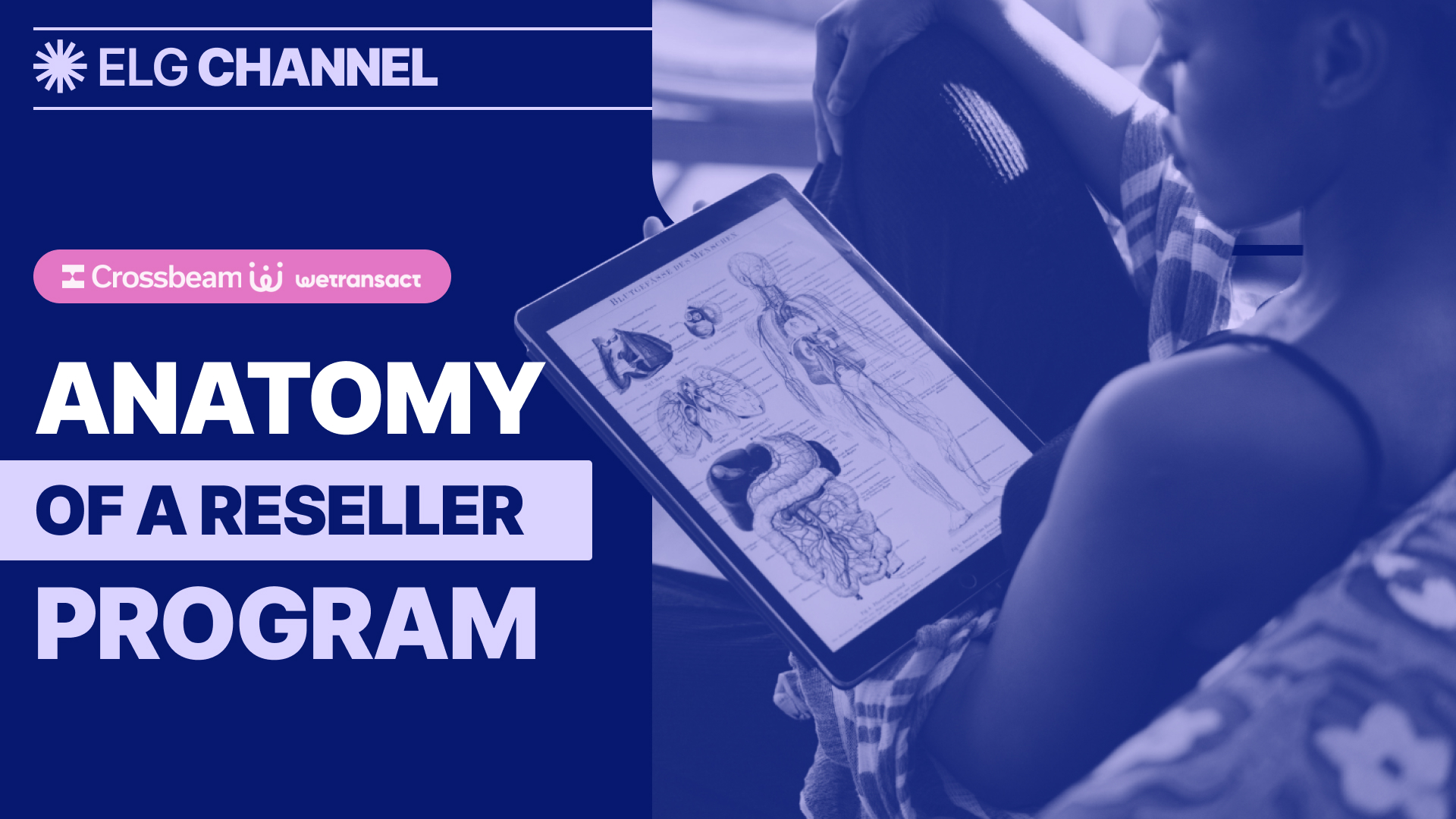

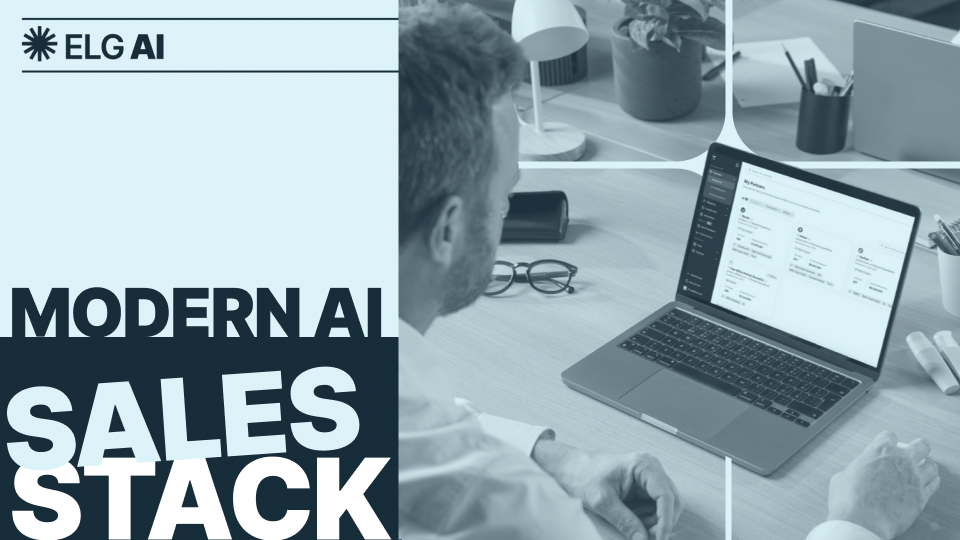



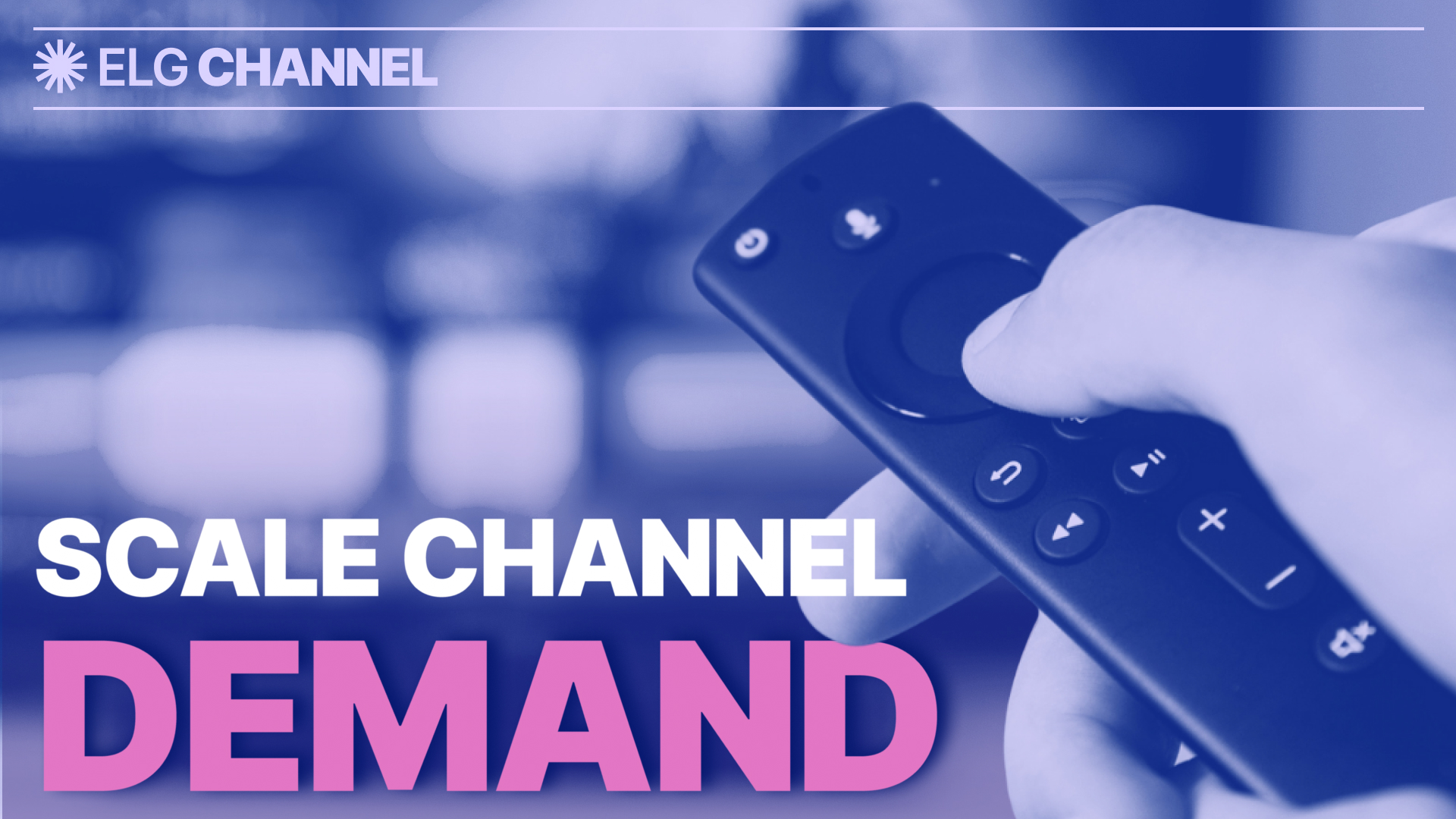


.jpg)




.png)



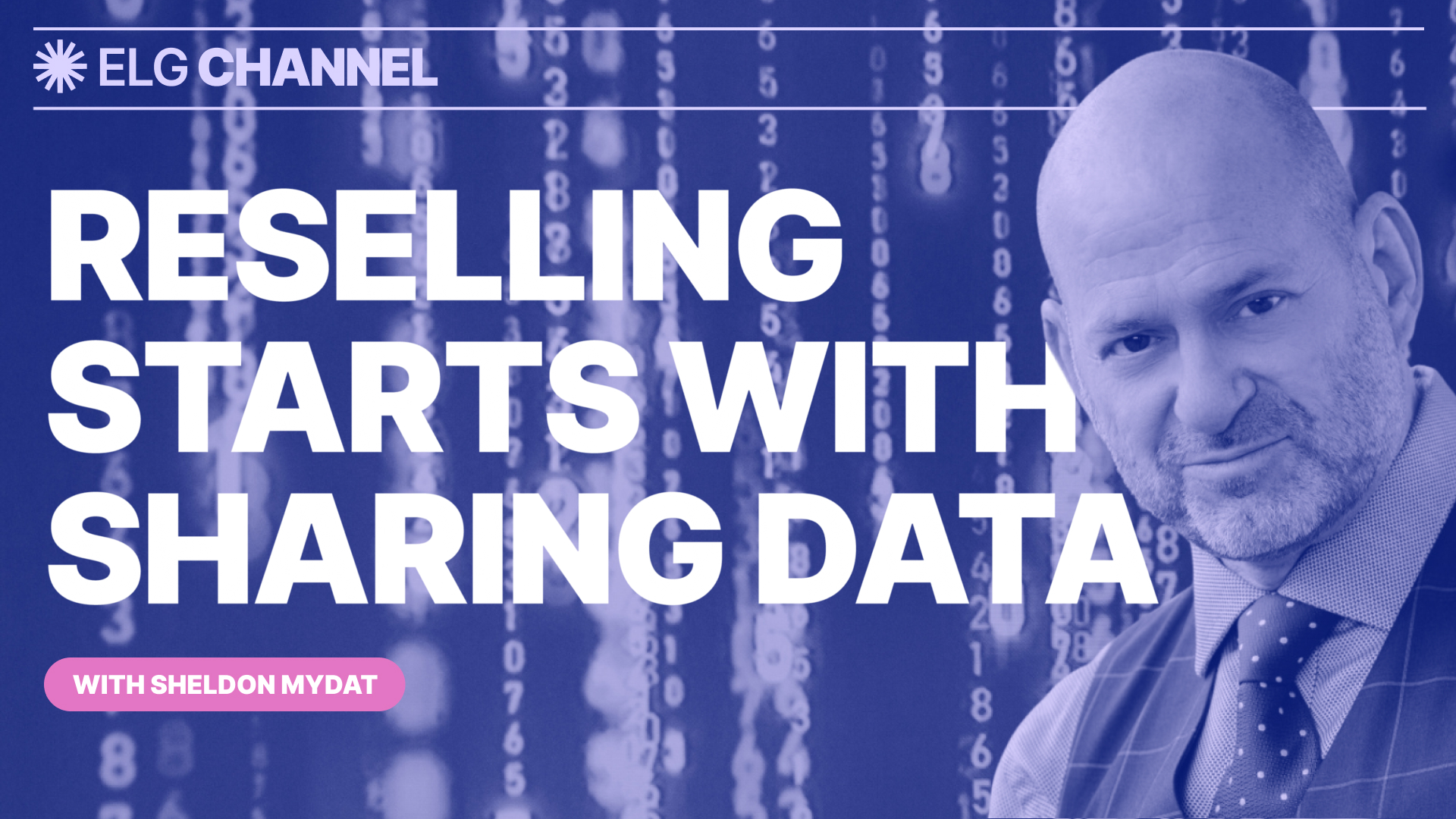


.jpg)





.jpg)

.webp)


















.webp)














